We know a thing or two about reducing waste. We manage the waste at big music festivals, and also help businesses and schools to be more sustainable (see our Zero Waste work). We often hear from individuals who want to reduce their impact, but simply don’t know where to start!
Reducing your waste is quite simple. You just need to ask yourself – where is it coming from, and where is it going?
Here are the top two things you can do to start reducing your waste:
1. Recycle as much as you can. Start with soft plastics and food waste.
You’re probably recycling glass, plastic, paper and cardboard already. Nice job! Soft plastics and food waste are the next step in your journey. Most households find that once you take soft plastics and food waste out of their red bin, there’s very little left.
Many soft plastics can be given to REDcycle via collection points at most supermarkets. These items are down-cycled into plastic benches, outdoor fitness circuits, added to road base, and all sorts of things. You can find your nearest REDcycle collection point HERE. Want to know what items you can REDcycle? Do the scrunch test! As a general rule, if it’s plastic and you can scrunch it into a ball – you can drop it off at a collection point. You will find a more comprehensive list of recyclable items HERE on the REDcycle website, but below is a guide:
Food waste can be dealt with at home in a compost bin, Bokashi bin or worm farm. If you don’t have or want to use any of these options, check if your council will take food scraps in the green organics bin, or find another household or community garden who wants your scraps at ShareWaste.
Tip: when composting or doing FOGO (food organics and garden organics recycling through your council), add as much dry stuff like paper, cardboard and leaves to your wet food scraps. This will minimise the smell and also mean you’ll have a lot less vinegar flies (those tiny flies that love decomposing food).
2. Think carefully about what you buy.
Everything we buy or consume has to go somewhere. Ultimately, it can either be composted into soil, recycled, or it goes to landfill.
Firstly, think about whether you actually need what you’re about to buy. We get so caught up in consumer culture (especially at this time of year), that it’s important to take a step back and consider whether we really need another television / pair of shoes / cheap plastic toy.
Avoid buying things that can’t be composted or recycled as much as you can – and this goes for packaging too. Buy your food at farmers markets (or direct from the farm, like in our Green Connect veg boxes), choose products that have compostable packaging such as paper and cardboard, and shop in bulk food supermarkets where you can take your own containers, such as Flame Tree Community Food Co-op in Thirroul or The Source Bulk Foods in Wollongong.
Lastly, buy second-hand as much as you can. So many items end up in landfill because we aren’t reusing them. We need to keep clothes, toys, books, furniture and more in circulation for as long as we can. The best way to do this is to buy second-hand. It’s great to donate your items too, but if there’s no demand for them, the oversupply will just end up as waste. So, support your local op shop! You can find unique items, save money and help the environment, all whilst having a load of fun.
Come along to the Green Connect op shop in Unanderra and see for yourself – op shopping is awesome! If you’re someone who has never been in one before, I encourage you to give it a go. What have you got to lose?

If you’re keen to see how we keep our veg boxes zero waste, come along to a farm tour. We offer these once a month and more frequently in the school holidays – we’d love to see you there. We’ll explain how we turned 11-acres of scrub into a thriving urban permaculture farm that produces over 35 tonnes of food every year, all whilst minimising waste. 
Interesting side note: Zero Waste is defined as 90% or greater diversion of waste from landfill. So if 90% of your waste is being reused, upcycled or recycled, consider yourself a zero waster!


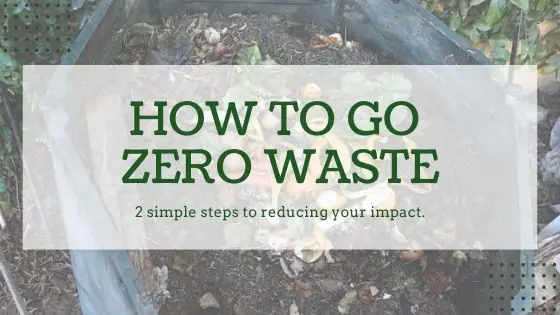




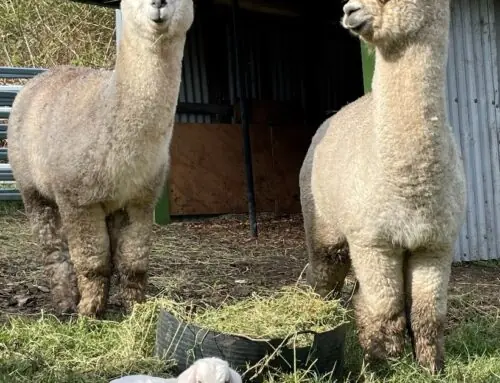
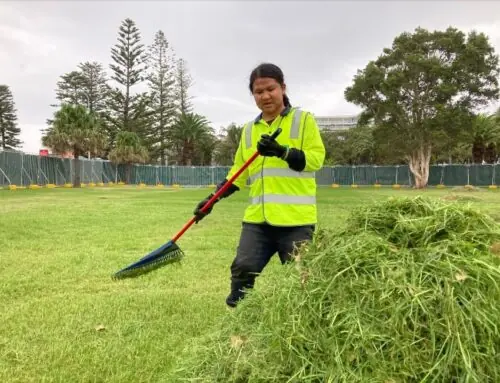
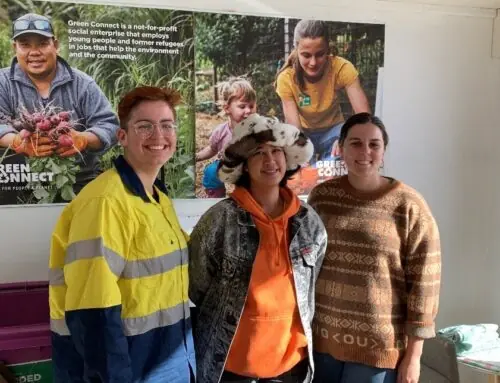
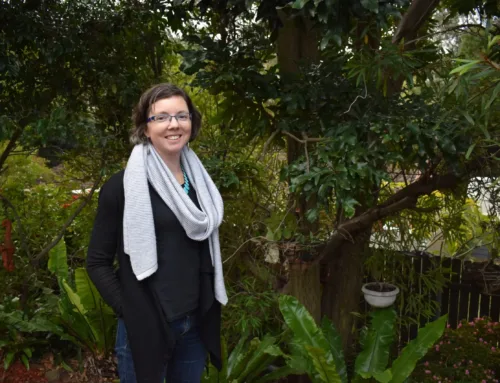
Leave A Comment
You must be logged in to post a comment.